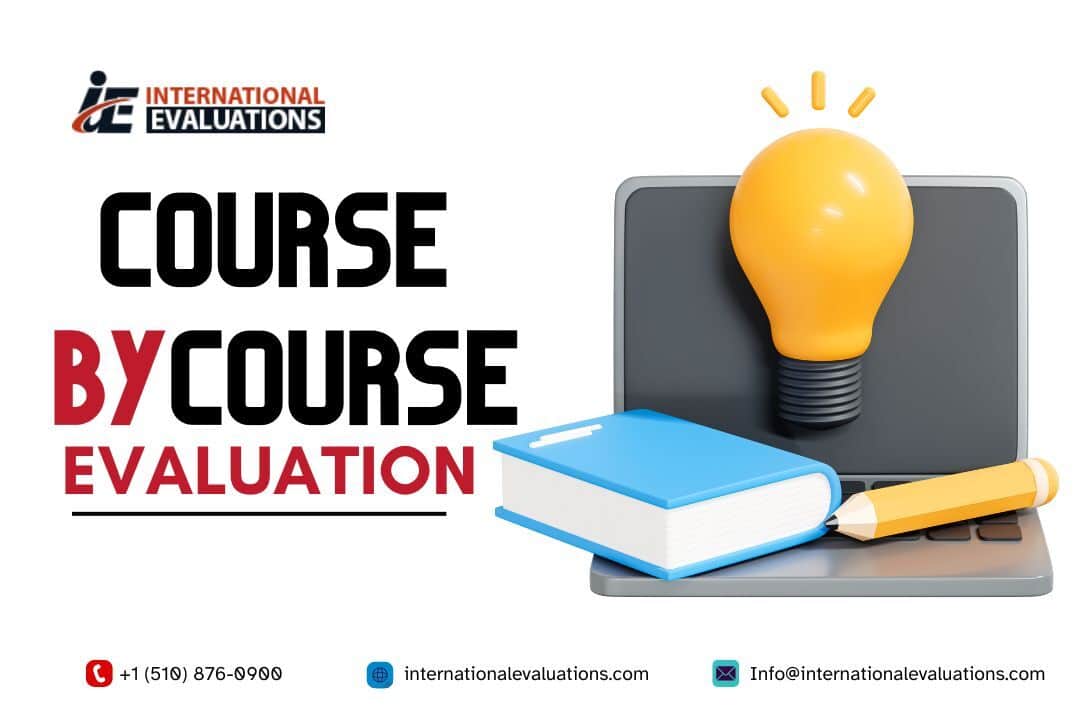Introduction
In today's competitive job market, the transition from classroom discovering to real-world application is more essential than ever. Trainees and experts alike are looking for ways to equate their work experiences into scholastic credits. This article checks out the complex process of assessing work experience for education credit, underlining its significance in individual and expert advancement.
As we look into this subject, we will talk about various elements of scholastic credential evaluation, international credential evaluation services, course-by-course credential assessment, and how they connect to work experience examination. In addition, we'll check out expert opinion letters and organization strategy assessments as part of this multifaceted journey.
From Class to Profession: Examining Work Experience for Education Credit
The bridge between class education and profession success typically involves recognizing the worth of useful experience. Many students accumulate considerable work experience throughout internships or part-time jobs that might not be formally recognized by universities. However how can one guarantee that these experiences count towards their scholastic https://writeablog.net/soltosbwjo/translating-work-experience-into-worldwide-qualifications-an-examination-guide credentials?
Why Evaluate Work Experience?
Evaluating work experience is necessary for numerous reasons:
Recognition of Skills: It validates the abilities obtained through hands-on experiences. Enhanced Employability: Companies progressively seek candidates with practical understanding together with formal education. Personal Growth: Acknowledgment of previous experiences improves confidence and motivates lifelong learning.Types of Credential Evaluation
Understanding the different types of credential evaluations offered can assist people navigate this procedure effectively.
Academic Credential Evaluation
Academic credential evaluation assesses foreign academic certifications against established standards in another nation. This process is important for international trainees or workers aiming to show their instructional background.
International Credential Evaluation Services
These services specialize in evaluating foreign credentials and identifying their equivalency in the host country's educational system. They provide reports that outline the level and type of education got abroad.
Course-by-Course Credential Evaluation
This comprehensive analysis breaks down each course taken throughout a degree program, providing insights into grades earned and credit hours finished. It's especially helpful for trainees looking to move credits between institutions.
Work Experience Evaluation
Work experience examination serves as a technique to formally examine non-academic abilities acquired through employment or volunteer activities. Here's how it works:
Documentation: People need to gather documents such as task descriptions, efficiency reviews, and any relevant certifications. Comparative Analysis: The evaluator compares this info against developed academic competencies. Outcome: The result may result in academic credits granted based on demonstrated knowledge and skills.The Role of Expert Viewpoint Letters
A specialist opinion letter can boost your case when seeking credit for work experience. These letters normally originate from industry specialists who can vouch for your skills and contributions in a specific field.

What Must a Specialist Opinion Letter Include?
- An overview of your function in the organization Specific skills you developed How your experiences connect to scholastic outcomes
Having a professional back your capabilities not only lends reliability however also improves your general portfolio when obtaining innovative research studies or positions.
Business Plan Examination as a Knowing Tool
Creating an organization strategy can be an excellent method to showcase your understanding of theoretical ideas applied in real-world situations. A thorough evaluation of a business plan might highlight competencies such as strategic thinking, monetary preparation, and market analysis.
FAQs
1. What kinds of work experiences qualify for scholastic credit?
Typically, work experiences that directly associate with your discipline or demonstrate transferable abilities are qualified for academic credit.
2. How do I find international credential evaluation services?
You can browse online directories or speak with universities that often have collaborations with trusted credential evaluators.
3. Exists a cost associated with acquiring a skilled opinion letter?
Yes, numerous experts charge for their time invested composing these letters; nevertheless, some may offer them pro bono depending on the situation.

4. Can I receive credit for overdue internships?
Absolutely! Unsettled internships typically provide important experience and can be examined similarly to paid positions.
5. How long does the credential assessment procedure take?
The timeline varies based upon the service utilized however generally varies from a couple of weeks to a number of months.
6. Exist particular documents required for course-by-course evaluations?
Yes, you will require transcripts from all post-secondary institutions participated in, along with detailed course descriptions when possible.
Conclusion
Transitioning from class knowledge to profession preparedness needs acknowledging the importance of practical work experiences in education credit examinations. As we have actually checked out in "From Classroom to Profession: Assessing Work Experience for Education Credit," both trainees and specialists stand to get significantly by leveraging their real-world experiences towards their academic goals.
By using various kinds of assessments-- be it through scholastic credential evaluations or expert viewpoint letters-- people can improve their qualifications while promoting long-lasting learning concepts that adhere closely to today's dynamic workforce demands.
In summary, accepting both theoretical knowledge from classrooms along with experiential learning acquired through expert engagements produces well-rounded candidates all set to take on the difficulties ahead in their careers.